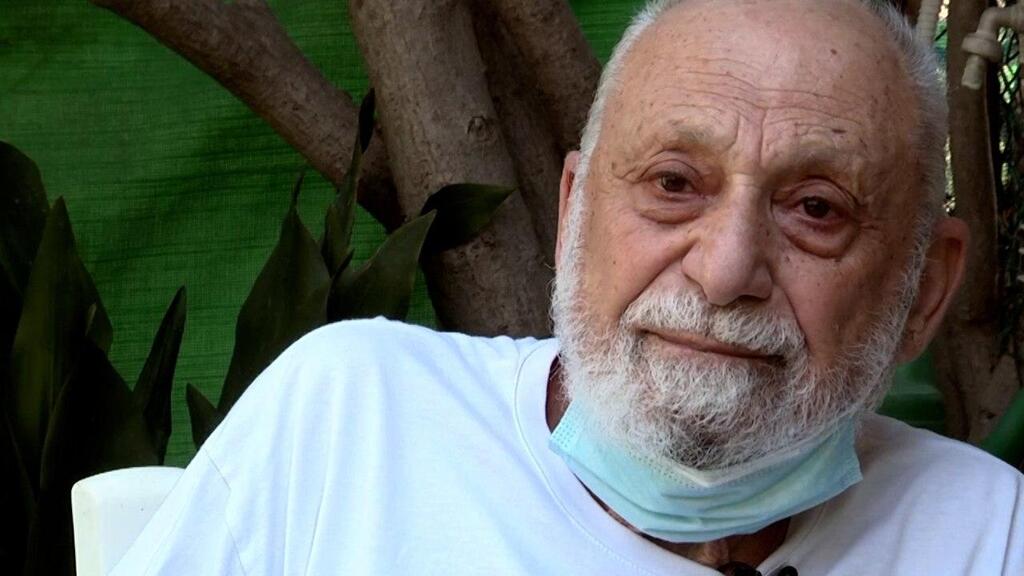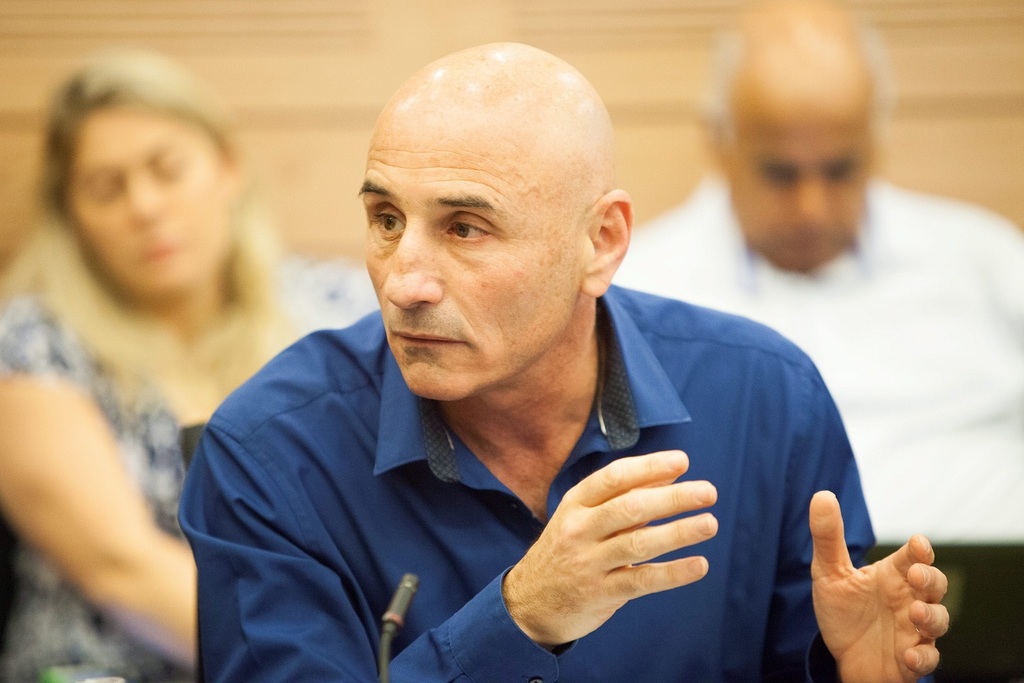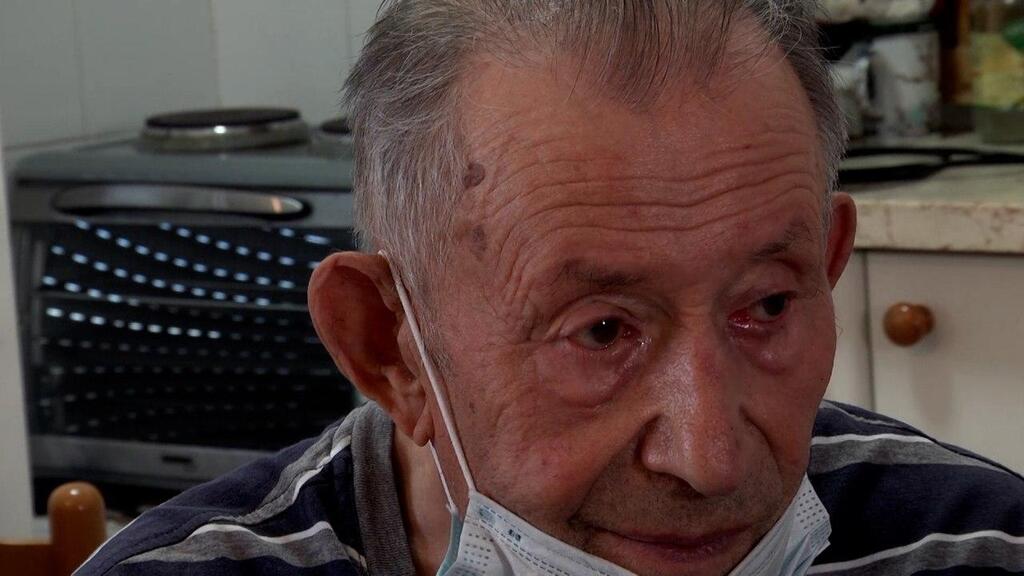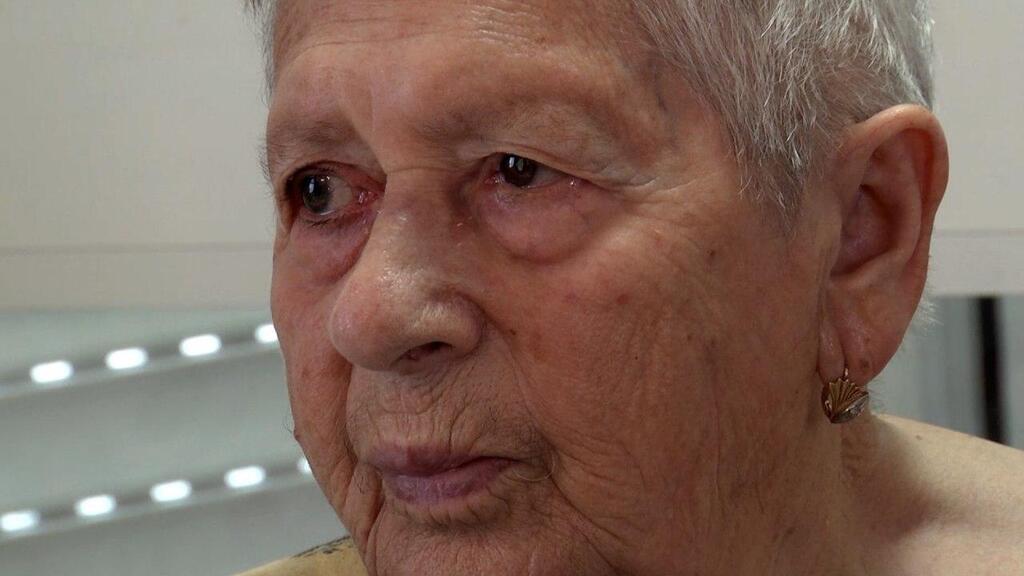Getting your Trinity Audio player ready...
As Israel prepares for a second coronavirus lockdown and all the ensuing economic woes, many of the country's elderly and in need fear that the new restrictions will only make their lives worse.
Volodymyr Kantorovich, an 84-year-old Holocaust survivor from Beit Shemesh, spent the war in Stalingrad, where he lost much of his family.
5 View gallery
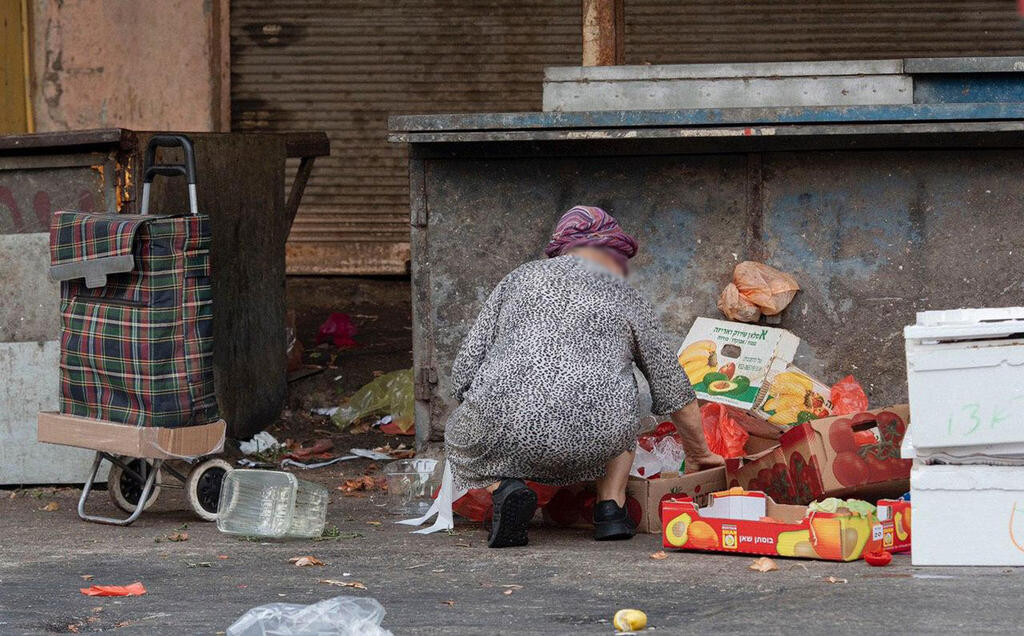

A woman searching for discarded food in the trash near Tel Aviv's Carmel Market
(Photo: Nadav Abas)
Some years ago, he contracted malaria, which has affected his health to this day.
Now he is forced to live in a room at his daughter's house as he cannot afford the costs of living on his own.
"I live in my daughter's house because of my financial situation; it is easier to live together," Kantorovich says.
"I worked for 20 years in Israel, but my pension is less than NIS 1,700 (approx. $500) a month. I get another NIS 2,000 in national insurance and a symbolic NIS 200 a month from Russia. With so little income, I need to help with rent, pay for water, electricity and municipal taxes."
"It saddens me that I cannot go on trips or visit the theater. It pains me that I cannot help my daughter financially," he says.
"Despite being an adult, I have to ask her for help. I worked all my life, but I could not get a proper pension to live on without my daughter's help."
Thousands of elderly and Holocaust survivors live in poverty in Israel and are in need of daily help with food, especially during the holiday period.
On Monday, the Knesset State Control Committee, chaired by Yesh Atid MK Ofer Shelah, held a special hearing assisting Israel's Holocaust survivors during the upcoming holidays and lockdown.
"As we frantically prepare for the coming lockdown, we must not abandon those [Holocaust survivors] to whom we have the highest moral duty," Shelah said.
Aliyah Vorenczyk, 91, and his wife Sofia, both Holocaust survivors, are also in need of economic aid.
Living in a one-and-a-half room apartment, they even find it hard to buy the medication they need.
"During the war, we had nothing to eat," Vorenczyk says. "But now it is also hard to get money to buy groceries."
"Every month I pay NIS 300 for medication," he says. "My wife has vision and hearing difficulties. She needs a hearing aid and glasses that we cannot afford. She broke both of her legs and is unable to walk. If we had a wheelchair, she would have been able to go outside."
Vorenczyk said that every day is becoming more and more difficult, finding it hard to find what to wear and eat.
"Israel today does not give us what we need," he said.
"Food aid is their oxygen supply," says Chasdei Naomi, a charity that helps more than 5,000 elderly and Holocaust survivors.
"This year has been the hardest we have seen. The middle class became poor and the poor became poorer. This year we are assisting more than 100,000 Israelis and are working hard to reach every one of them."


